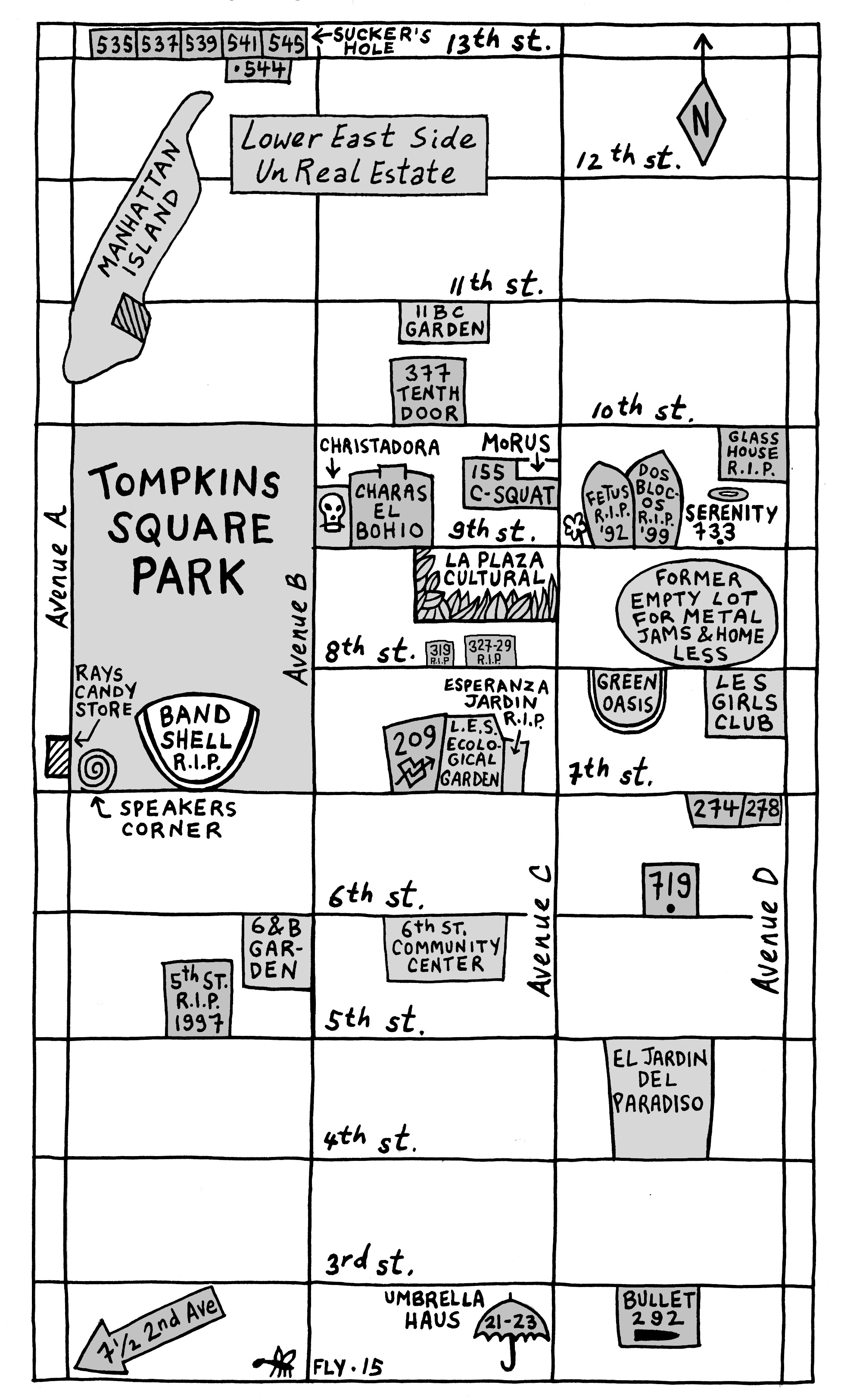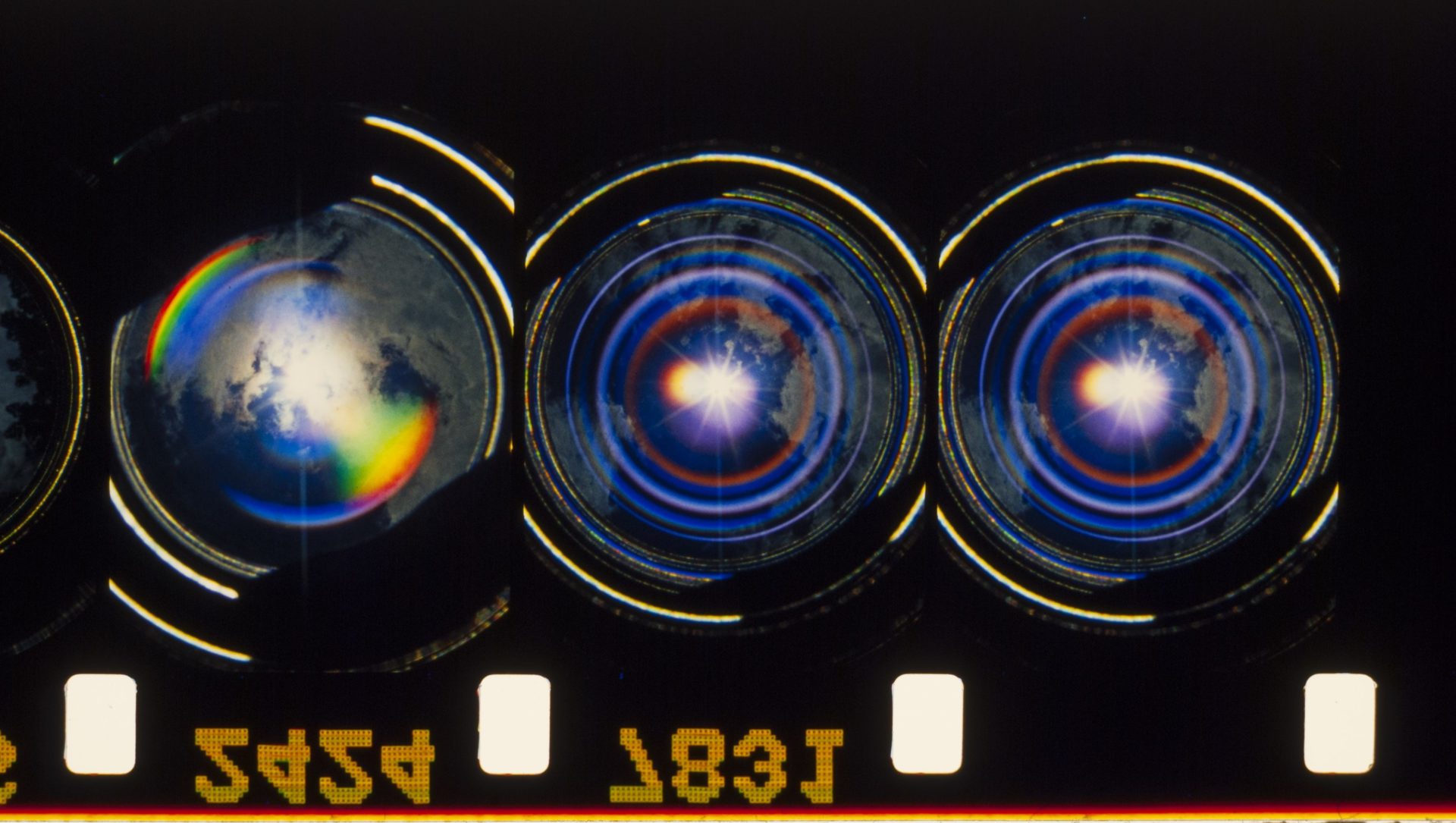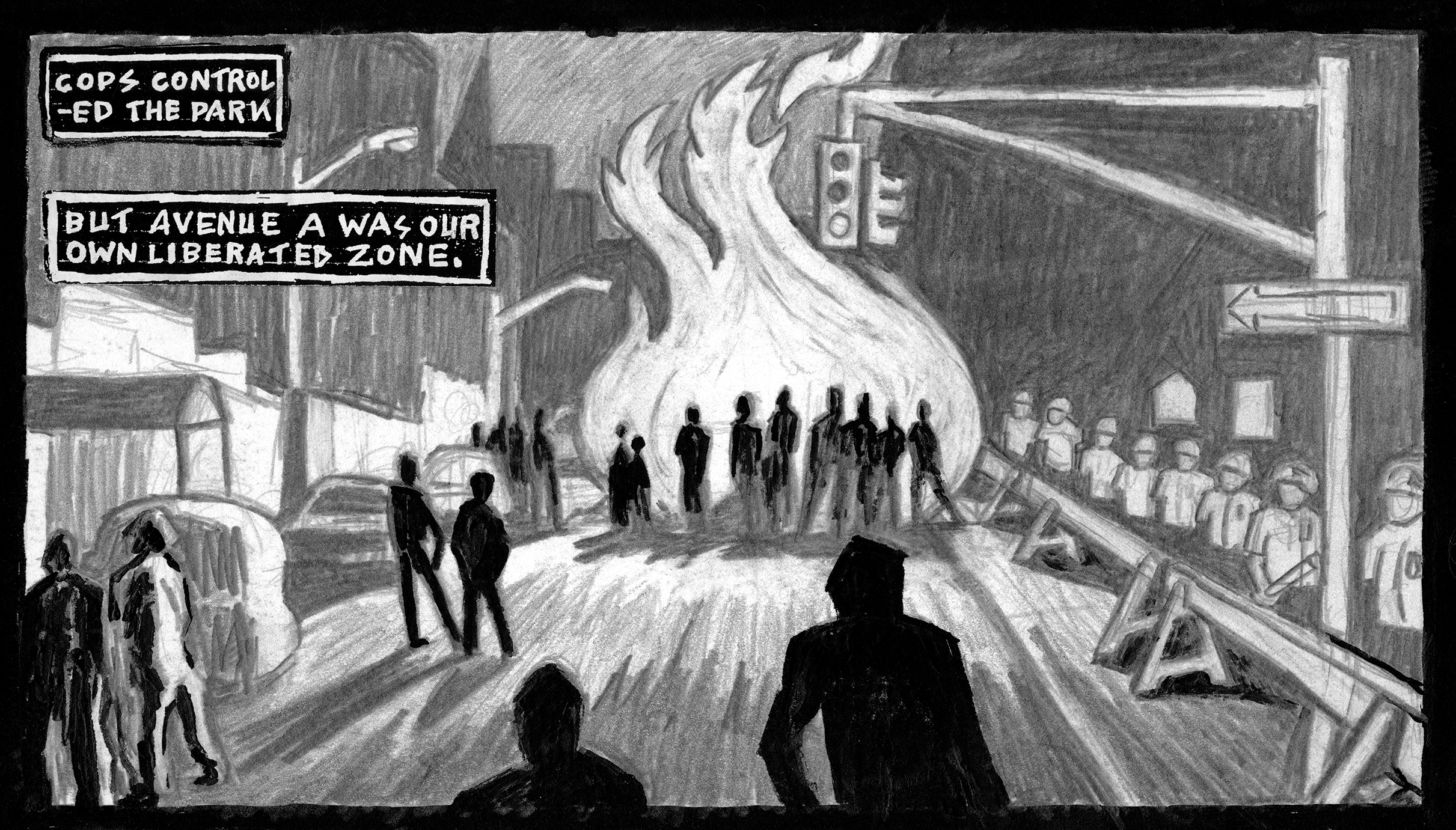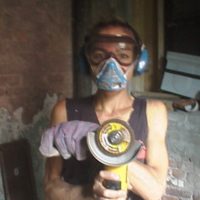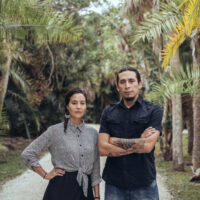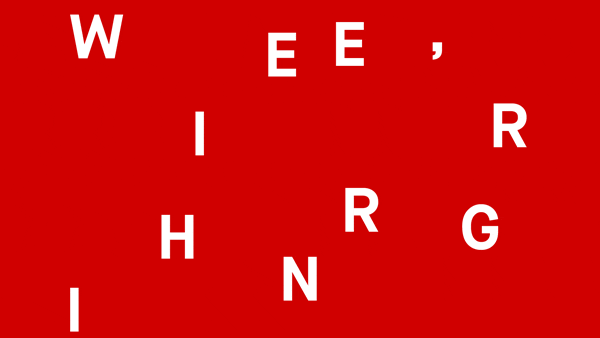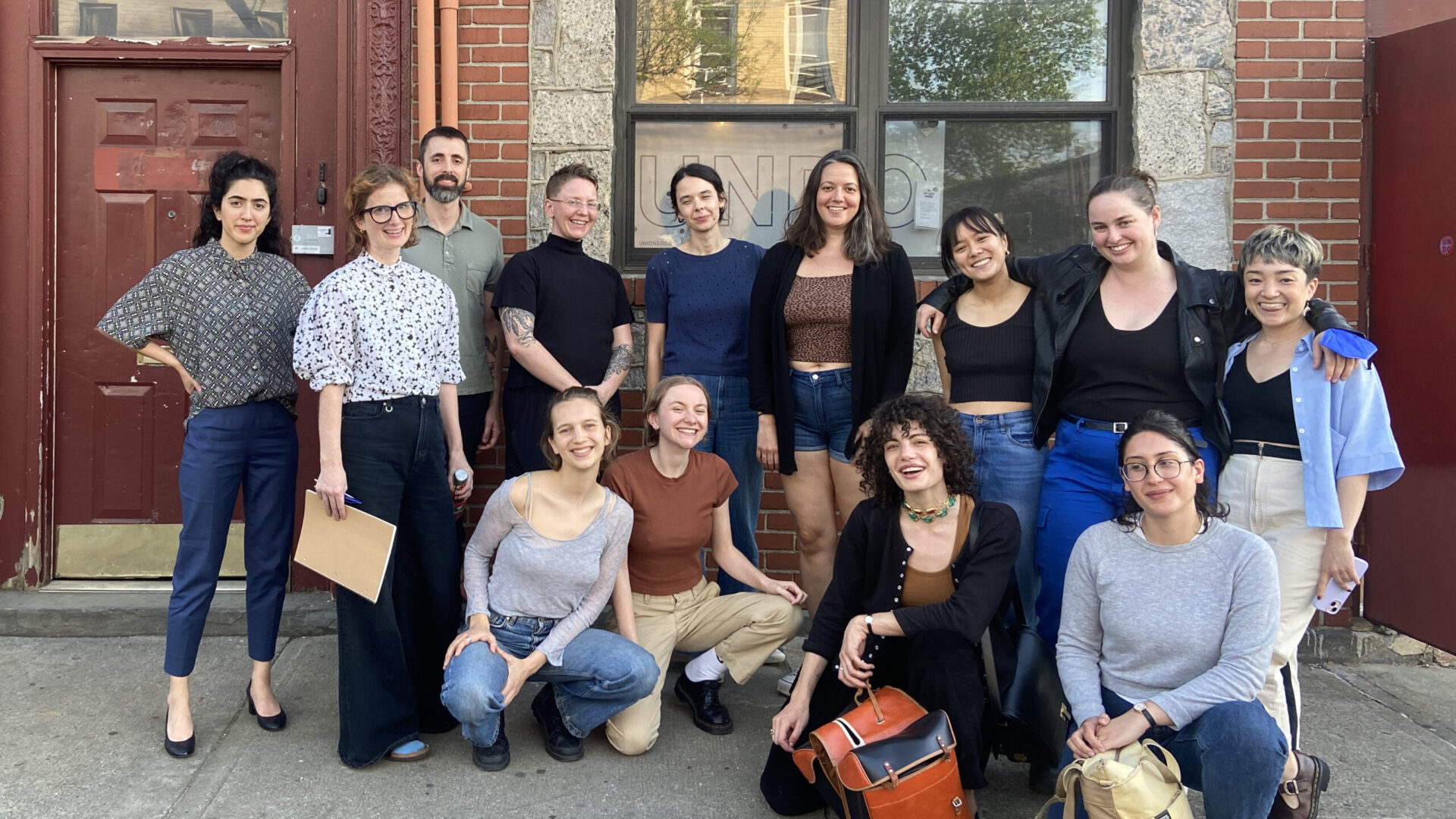Jan 15, 2017 at 7:00 pm
Why Does the History of Squatting in NYC Matter?
Screening to be followed by discussion with Amy Starecheski
In the 1980s and 90s the Lower East Side of Manhattan was home to a squatting movement unlike any other in the United States. Drawing on their diverse radical and progressive roots, squatters claimed and occupied city-owned abandoned building with a winning combination: a Yippie sense of drama and fun, punk rock aggression and subcultural grit, and urban homesteaders’ earnest appeals to American values of self-sufficiency and initiative. When faced with eviction they learned how to build barricades and booby traps and drum up riots from their European counterparts, and each attempt to evict Lower East Side squatters from the late ‘80s on brought newly escalated police and squatter tactics. By the mid-1990s, the police were using tanks and helicopters and the squatters were overturning cars in the streets.
In 2002, after three years of secret negotiations, the city shocked everyone involved when it agreed to sell the remaining squatted buildings, for one dollar each, to a non-profit (UHAB – the Urban Homesteading Assistance Board) which would take out loans on the squatters’ behalf to renovate the buildings and bring them up to code. The former squats would then be converted to limited-equity low-income co-operatives and the renovation loans would become mortgages. Illegal squatters would thus be transformed into indebted homeowners, problematic unsellable buildings into low-income housing. This was easier said than done: by 2013, only five of the eleven buildings in the legalization deal had been converted into co-ops.
In this event, we will share documentary works on this history and ask the question: Why is this story worth documenting? What does it mean today?
Program
Ours to Lose: When Squatters Became Homeowners in New York City
Ethnography, 2016, University of Chicago
An ethnography based on oral histories that tells the story of squatter’s long and complicated transition from illegal squatting to co-operative homeownership.
La Siembra del Hogar / Sowing Homes
Multimedia, 2016
A multimedia ground mural at Extra Place alley in the Lower East Side, inspired by oral histories with squatters and current Bushwick residents fighting off displacement.
Jerry the Peddler
Doc-in-Progress
Meet Jerry. He’s been squatting on NYC’s Lower East Side for over 35 years. And he’s been at the center of a patchwork of hippies, yippies, punks & anarchists. Experience the world through Jerry’s eyes. And be warned: his organizing tools include weed, beer & psychedelic punk.
War in the Neighborhood
Graphic Novel, 1999
A 328 page graphic novel about the struggles over homelessness, gentrification, police brutality and human rights that raged in the area surrounding New York’s Tompkins Square park in the 1980s and 90s. It is a first hand account of the Squatters movement during which abandoned buildings were seized to make low income housing, and then had to be defended within a divided community.
Comics and Graphic Novels by Fly
Fly has been part of the LES Squat community starting in the late 80s. Since 1995 she began the UnREal Estate Project; documenting the LES Squatter Movement (and European Squats to a lesser extent) with photos, drawings and writing as well as compiling an Archive of printed matter and ephemera. Fly began working with Booklyn (a Brooklyn based Book Arts Collective) in the late 90s to collect and catalogue her extensive personal archive. In approximately 2011 Fly started working with Amy Starecheski continuing this work as well as compiling video taped oral histories of many of the original squatters.
Fly has done many slideshow history talks of the UnReal Estate Project on the east coast and west coast of USA as well as International Squatter Conferences in Rotterdam and Napoli. URE is also planned as a multi-volume book project; the first volume will be titled You Don’t Know Squat is currently in progress and will be co-edited by Fly-0 and Amy Starecheski.
The UnReal Estate Project contributors are members of a loosely defined collective known as U.R.E.L.I.C. aka the UnReal Estate Living Improvements Committee.
90 min
Amy Starecheski is a former squatter, cultural anthropologist and oral historian whose research focuses on property and history in cities. She co-directs the Oral History MA Program at Columbia University and has a PhD in cultural anthropology from the CUNY Graduate Center. Her book, Ours to Lose: When Squatters Became Homeowners in New York City, came out in 2016 with the University of Chicago Press. In 2016 she won the SAPIENS-Allegra “Will the Next Margaret Mead Please Stand Up?” prize for public anthropology writing.
Fly-0 is an Illustrator, Comics Artist, Painter, Graphic Designer, Teacher, Writer, Musician and long-time LES Squatter, Activist & Squat Historian. She has been self-publishing zines and comics since the mid 80s and her work has appeared in the Village Voice, Juxtapoze, Punk Magazine, Maximumrocknroll, New York Press, Comics Journal, SF Bay Guardian and multiple other publications. Fly was the recipient of a 2013 Acker Award for “Excellence Within the Avant-Garde” for her long running PEOPs Project :: an ever expanding collection of portraits and stories of extraordinary people who live life with passion and conviction.
DW Gibson is the author of the awarding-winning book The Edge Becomes the Center: An Oral History of Gentrification in the Twenty-First Century and Not Working: People Talk About Losing a Job and Finding Their Way in Today’s Changing Economy. He shared a National Magazine Award for his work on “One Block” for New York Magazine. His work has also appeared in Harper’s, The New York Times, The Washington Post, The Nation, The Village Voice, and The Caravan. Gibson has been a contributor to NPR’s All Things Considered and “There Goes the Neighborhood,” a podcast co-produced by WNYC and The Nation. His documentary film, Not Working, a companion to the book, is available through Films Media Group. His directorial debut, Pants Down, premiered at Anthology Film Archives in New York. Gibson serves as director of Writers Omi at Ledig House in Ghent, New York, and he co-founded Sangam House, a writers’ residency in India, along with Arshia Sattar.
Cooperativa Cultural 19 de enero (CC 1/19) is an ongoing collaboration between visual artist Raul Ayala and oral history artist Fernanda Espinosa. Since 2015 they have been creating public interventions containing place-based histories. For more information the two of them and this project, visit: http://fabnyc.org/2016/06/23/spotlight-raul-ayala-fernanda-espinosa-ii/
Seth Tobocman is a comic book artist whose work often deals with political issues from a radical and independent point of view. He founded the magazine World War 3 Illustrated with Peter Kuper in 1979 and has been part of the editorial collective ever since. His work has appeared in The New York Times, The Village Voice, Heavy Metal and many other magazines. He is author of a number of graphic books including: YOU DON’T HAVE TO FUCK PEOPLE OVER TO SURVIVE, WAR IN THE NEIGHBORHOOD, PORTRAITS OF ISRAELIS AND PALESTINIANS, DISASTER AND RESISTANCE, UNDERSTANDING THE CRASH, and LEN (a lawyer in history).
Tobocman’s art has been shown at the Museum Of Modern Art, The New Museum Of Contemporary Art, The Museum Of The City Of Ravenna, Exit Art and Abcnorio.
His images have been used as posters, murals, banners and tattoos by peoples movements from Squatters in New York’s Lower East Side to the African National Congress in South Africa.
Who's Attending
65 people are attending Why Does the History of Squatting in NYC Matter?


